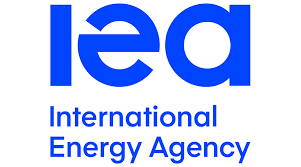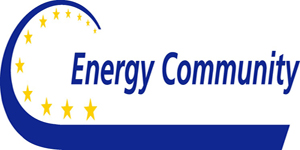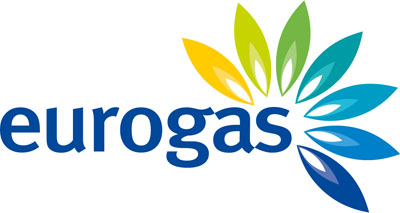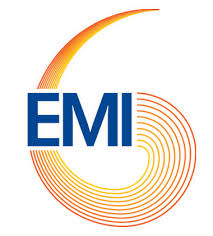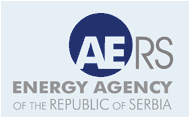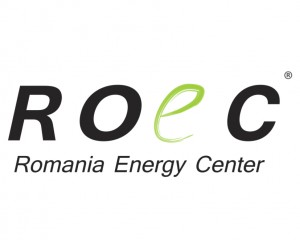Eleven European countries, including Slovenia, Romania, and Bulgaria, have no concrete plans for introducing tenders for renewable energy sources (RES) in the short term, while Croatia has indicated it will start with tendering procedures for biomass this year, according to the Council of the European Energy Regulators’ (CEER)
Tendering procedures for RES in Europe: State of play and first lessons learnt report.
The CEER report focuses on RES tendering procedures providing an overview of the key design elements of these procedures applied in most Member States (i.e. EU-28 except for Slovakia) along with Norway and Iceland.
By the end of 2017, 13 countries had implemented tendering procedures for one or more RES technologies. In addition, by the end of 2017, five countries had just passed or were about to adopt the relevant legislation, paving the way for implementing tenders for RES in 2018 and beyond. Eleven countries indicated they do not have any concrete plans for introducing tendering procedures in the short term, the report finds.
In order to comply with the EU Guidelines on State Aid for Environmental Protection and Energy (EEAG), adopted in 2014, EU Member States are required to introduce competitive tendering procedures for determining the level of operational support granted to RES installations from 2017 onward.
However, not all countries had a legal obligation through the EEAG to apply competitive tendering procedures and did not voluntarily introduce these schemes. The system allows Member States the flexibility to take account of national circumstances, and even enables them to depart from competitive processes when the outcome might not be optimal.
Feed-in-Premiums prevail over Feed-in-Tariff
The report finds that in most cases tendering schemes have been set up as technology-specific rather than technology-neutral.
Across all technology-specific schemes implemented, offshore wind, onshore wind, PV (solar), and biomass have been the most selected renewable technologies, while only two Member States have opened their support schemes for cross-border projects.
The report shows that a majority of Member States use Feed-in-Premiums (FIP) rather than the Feed-in-Tariff (FIT). This is in line with CEER’s preference, as FIP tends to bring RES closer to real market conditions.
Not enough evidence to assess effectiveness of tendering to foster decarbonization
CEER welcomes the uptake of tenders as support levels set through such procedures tend to be of lower cost than administratively-set support levels, especially given the adaptability of this instrument to technological innovation and reduced unit costs in solar and wind.
Where empirical evidence is available, the level of competition and the price developments have been positive, demonstrating the cost-efficiency of tenders for mature RES technologies. High realization rates have already been observed for PV tenders.
However, little empirical evidence is yet available for tendering processes applied for other technologies. This is a key criterion to assess the effectiveness of tendering as an instrument to deliver on the decarbonization agenda, the report concludes.
(balkangreenenergynews.com, 22/06/2018)

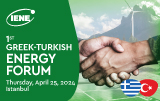
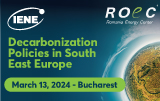
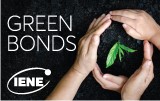
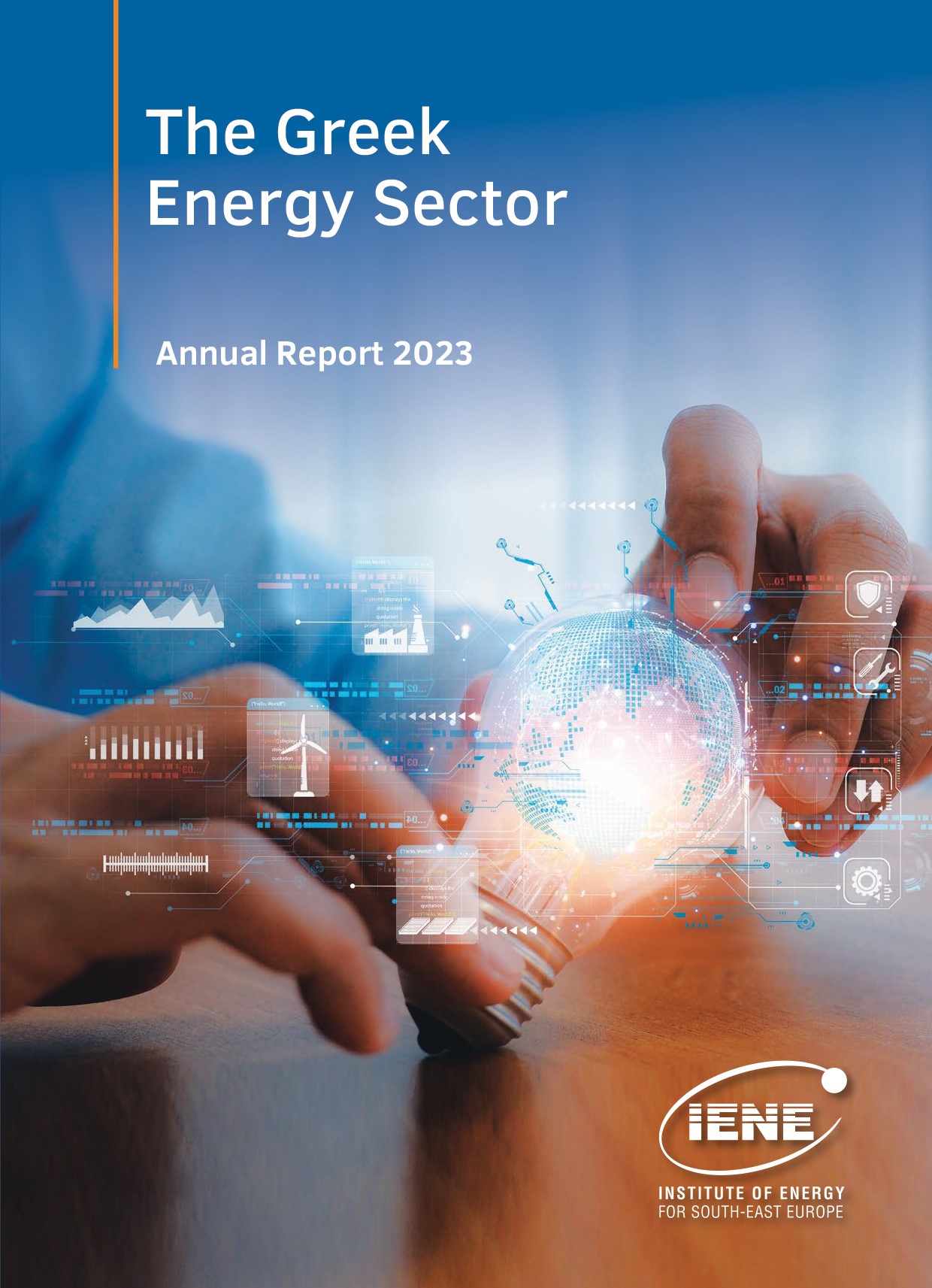
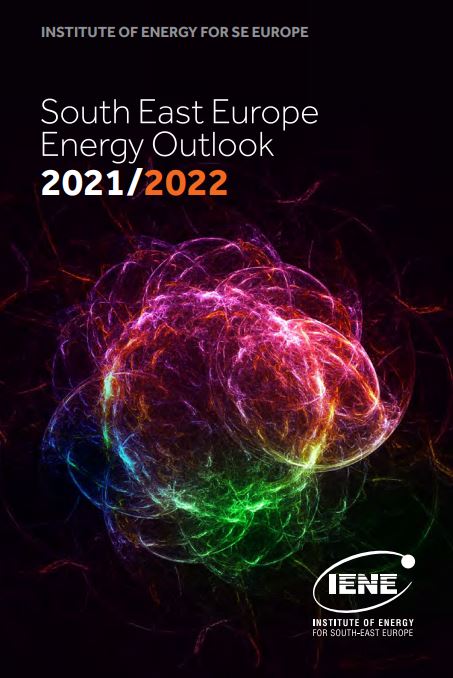
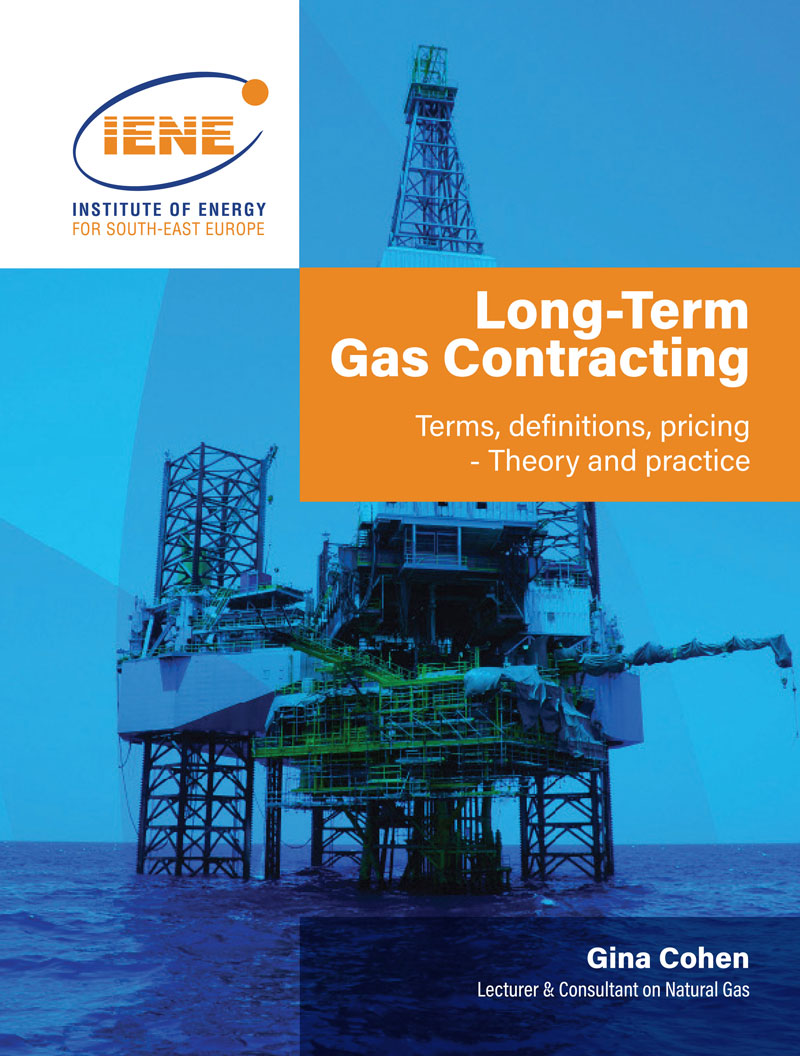 More
More
